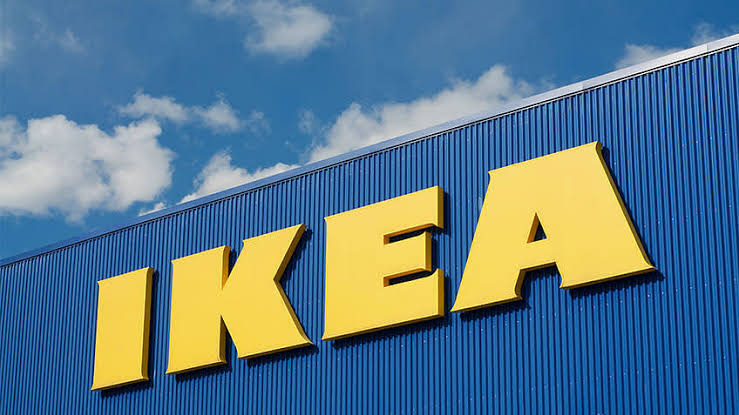Vidushi Vats
A recent verdict by a Bengaluru court has mandated IKEA, the renowned Swedish furniture retailer, to reimburse its customer, Sangeetha Bohra, with Rs 3,000 for a contested paper bag charge. The incident transpired on October 6, 2022, at the Nagasandra branch of IKEA, where Bohra was levied Rs 20 for a carry bag bearing the company’s logo.
Bohra, taken aback by the unexpected charge, promptly contested the decision, contending that billing for paper bags constituted an unjust commercial practice. She asserted that she was not apprised of the charge prior to her purchase.
In response to this, Bohra sought recourse through the Consumer Commission, maintaining that the paper bag charge represented a service deficiency and an unfair trade practice. In a groundbreaking ruling, the Consumer Commission concurred with her argument, deeming IKEA’s Rs 20 charge for a paper bag as an “unfair trade practice”. The Commission expressed astonishment at the service standards of such large retail establishments and maintained that the company was liable for deficient service and unfair trade practices.
IKEA, in its defense, contended that charging customers for bags featuring their brand did not amount to an unfair practice. The company affirmed that they do not engage in concealed charges or withhold information from their consumers, emphasizing that all product details, including the paper bags, were prominently displayed within the store.
However, the Consumer Commission, presided over by President B. N. Arayanappa and Members Jyothi N and Sharavathi S. M., rebuffed IKEA’s argument. The Court cited a precedent indicating that expenses incurred to make goods deliverable should be borne by the seller, and therefore, IKEA’s contention was not deemed valid.
Furthermore, the Court highlighted that consumers were not permitted to bring their own bags, emphasizing that it would be impractical for a customer purchasing multiple items from various shops to bring a corresponding number of carry bags from home.
Consequently, the Bengaluru Court issued a directive to IKEA, mandating compliance within 30 days from the receipt of the order. The company was instructed to pay the consumer Rs 20 with interest, along with Rs 1,000 in damages, and an additional Rs 2,000 to cover litigation expenses. This landmark ruling sets a significant precedent in consumer protection and trade practices.

